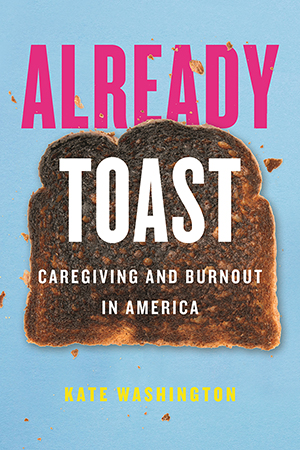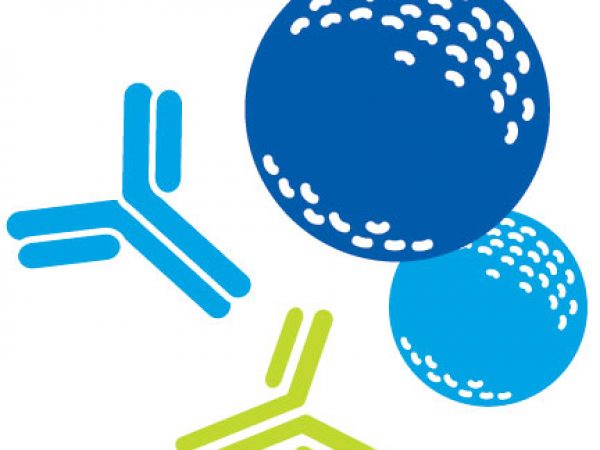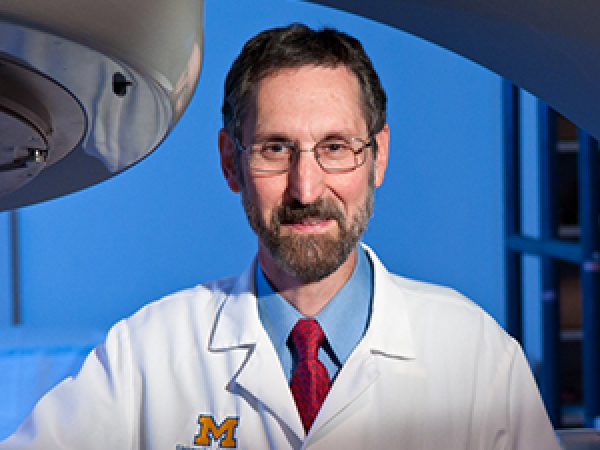The Toll of Caregiving
November is National Family Caregivers Month, which honors the role of caregivers in communities. The book “Already Toast: Caregiving and Burnout in America,” by Kate Washington, released earlier this year, highlights the crisis of caregiving through a personal account that highlights broader perspectives.
Caregiving in the United States typically occurs out of sight—as care for people with cancer and other illnesses continues to shift from hospitals to homes. For those who have family members with cancer, caregiving may be viewed as a temporary challenge, with the date of the last treatment circled on the calendar and hopes of remission just ahead. But for other people with advanced cancer or those who suffer long-lasting effects from treatment, the burden of caregiving for family members can become an everyday and inescapable reality.

Washington found herself in this altered space when her husband, Brad, was diagnosed with a rare form of non-Hodgkin lymphoma in 2015. All told, Brad was critically ill for two years—and Washington bore most of his care, whether giving IV antibiotics, hooking up IV nutrition, arguing with insurance companies, or trying to figure out yet another complication in his care. Back-to-normal became out of reach. After receiving a stem cell transplant, Brad battled graft-versus-host disease, which severely affected his sight and his function. He also needed treatment for a second type of cancer—a rare but known consequence of his lifesaving stem cell transplant. Through it all, Washington provided intense around-the-clock care, feeling both invisible and overwhelmed by the tasks that fell on her shoulders.
In her book, Washington writes about alarming statistics that point to the crisis of caregiving in U.S., describing how caregivers typically go it alone with little support, often to the detriment of their own health and financial livelihood. Washington, a voracious reader, also brings in the experiences of others, including references to classic literature and modern-day essays and books about caregiving authored by members of marginalized communities. She recounts the role of women as caregivers in novels like “Jane Eyre” and “Anne of Green Gables,” and she, by her own account a white woman of privilege, includes perspective in writings from immigrants, Hispanic, and Black women. These groups have disproportionately fallen into caregiver roles—including enslaved African women who cared for white families, and others from marginalized communities who earn low wages as home health aides.
“Already Toast” provides an uncommon and informed view of caregiving that is both personal and timely. To learn more about Washington’s perspective, read Cancer Today’s Q&A with Washington, which appeared in the fall issue, or join Cancer Today for a Facebook Live discussion with the author on Dec. 6 at 1 p.m. ET. Cancer Today, a magazine and website for patients, survivors, and caregivers, is published by the American Association for Cancer Research.
Author photo by Judith Basya



